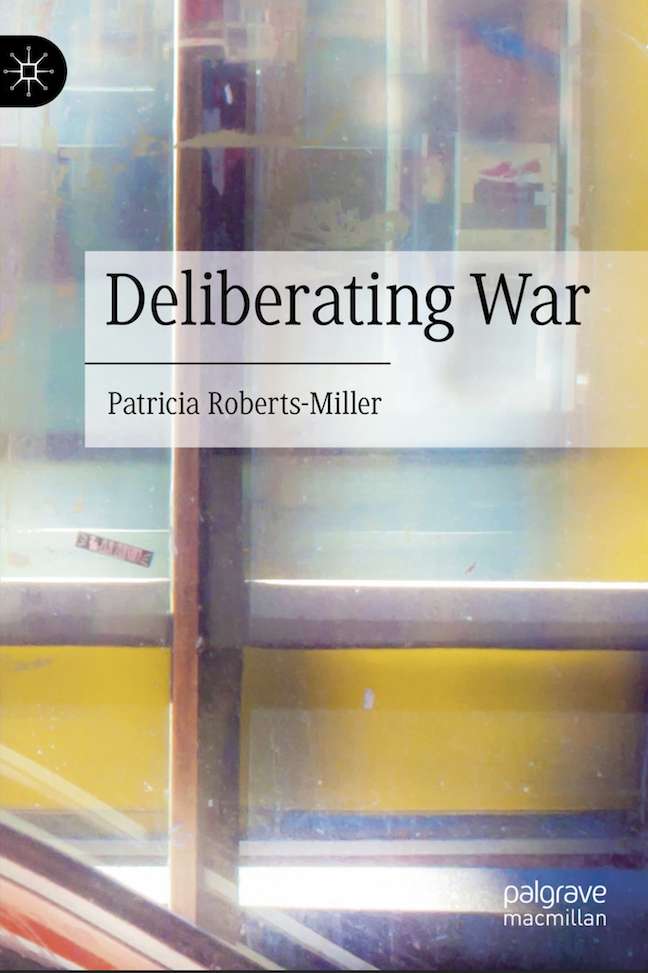
Early in my career as a writing teacher, I had a confusing conversation with a student about sources—it taught me a lot about how people think about evidence and fairness. Imagine that the student was writing about whether little dogs are involved in squirrel conspiracy to get the red ball. This situation was a hypothetical example I used in order to help students think about structure, logic, and argumentation without triggering hot cognition by using a more controversial issue. The basic premise was that the squirrels were conspiring to get to my dogs’ red ball, something on which my two Great Danes agreed, but they disagreed as to whether little dogs were involved in the conspiracy (one of my dogs loved little dogs, and the other was afraid of them—which is pretty hilarious for a Great Dane).[1] So, call one group Hubertians and the other Chesterians.
The student was making an argument about what Hubert supporters believed, and cited a rabidly (so to speak) pro-Chester source. I was trying to explain that the assignment required that students use primary sources—if he wanted to make an argument about what Hubert supporters believed, he needed to cite a pro-Hubert source. He kept saying he was, because the article by a rabidly pro-Chester author in a rabidly pro-pro-Chester media outlet had a direct quote. Why would he need any other source? It was a quote, he kept saying.
It took me a long time to understand the misunderstanding. It’s a complicated one, on both our parts, and has a lot to do with how people think about evidence and proof. But here I want to pursue one part of the misunderstanding—about fairness.
Even if there is a quote, it isn’t necessarily what Hubert said, let alone meant. And here’s it’s necessary to say something about partisan sources.
As I’ve said many times, and in many places, the tendency to take our rich and nuanced world of policy options and divide them into a binary (or continuum) of identities is false, fallacious, proto-demagogic, and guarantees we can’t discuss policies reasonably. There are self-identified “conservative” Christians who object to the death penalty and abortion, self-identified “conservative” Christians who object to one but not the other, self-identified “progressive” Christians who object to both, others who object to one but not the other. Thinking in terms of identity means we end up arguing about who is really Christian, or really conservative, or really whatever. Thinking in terms of policy raises the possibility of a coalition on one issue even though we disagree about others. And that doesn’t require anyone converting to a new identity.
So, thinking about politics this way means trying to find different points of view on policies in order to understand the arguments. This is a long way of saying that looking at politics as policies means trying to get information from a variety of perspectives on a policy disagreement, not just two.[2]
And what I learned by doing that myself was that Hubert might or might not have actually said what the pro-Chester article quoted. If you read sources from multiple perspectives, you learn that misrepresenting the out-group happens in all sorts of ways in all sorts of sources.
Imagine that the quote in question is, “Bunnies are fluffy.” Hubert might not have said anything like that—it might have been something a pro-Hubert pundit said, or something a pro-Chester pundit simply invented. Hubert might have said, “Bunnies are not fluffy,” and the article edited the quote without even showing ellipses. Hubert might have said, “Bunnies have fur” which someone badly paraphrased, and that paraphrase got turned into a quote. Hubert might himself have been quoting someone before he went on to show he didn’t agree with it. He might have been engaged in a “some say” argument. He might have said it sarcastically. In context, it might have meant something completely different from what the pro-Chester article was representing. He might have said it when he was a puppy, and he’s since retracted it and advocated a different position.
In-group rhetors often misrepresent what out-group members have said, and what out-group members believe.[3] They don’t necessarily intend to do so—sometimes it’s just that they’re writing in a rush, and sometimes they themselves didn’t read the whole article, and sometimes they think it’s “more or less true.”
It isn’t just related to politics. I’ve seen article on non-political technical issues that made the same mistake—I’ve seen scholarly articles that misrepresent an argument I’ve made by taking it out of context; I’ve later discovered I did it to others.
And all of us have had it happen in personal situations—people take something we’ve said out of context, and thereby mislead others about us. And we don’t like it when it happens to us.
We’d like people to represent what we’ve said accurately, and we’d like others to check with us about what we’ve said or believed.
So, it’s a question of fairness. If we’d like others to ensure that we and our in-group are being accurately quoted, then we should make sure we’re doing that to others. It’s useful if we try to get outside of our informational bubble.
[1] The student wasn’t actually writing about this topic, but I think it’s useful for purposes of my argument here to stay away from hot cognition topics.
[2] Which is a basic flaw in my basic hypothetical scenario, but we tended to complicate it as time went on.
[3] “In-group” is not the group “in” power; it’s the group we’re in. So, for Chester supporters, Chesterians are the “in-group” and Hubertians are the “out-group.” “Hubertians” are the in-group for Hubert supporters, and Chesterians
